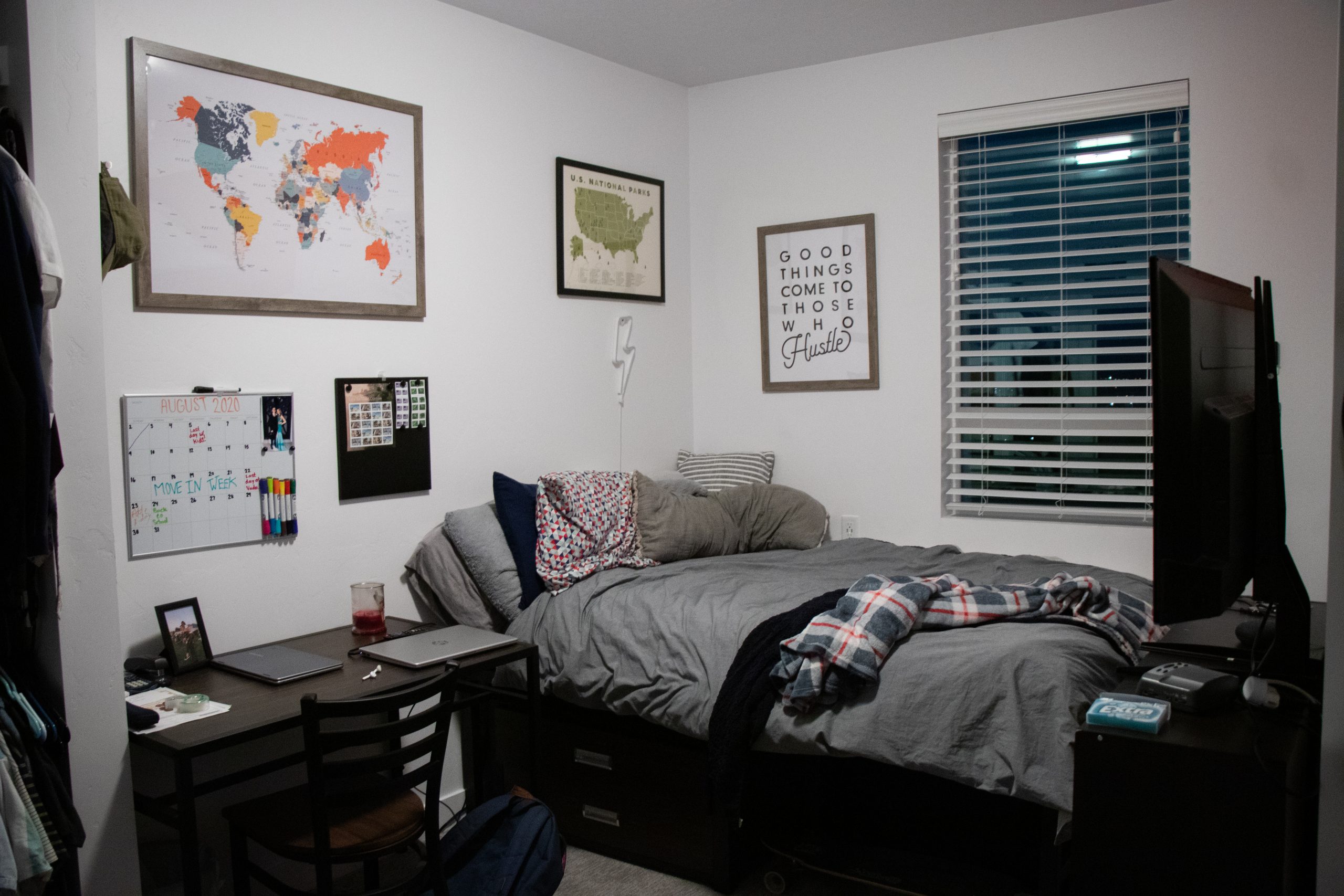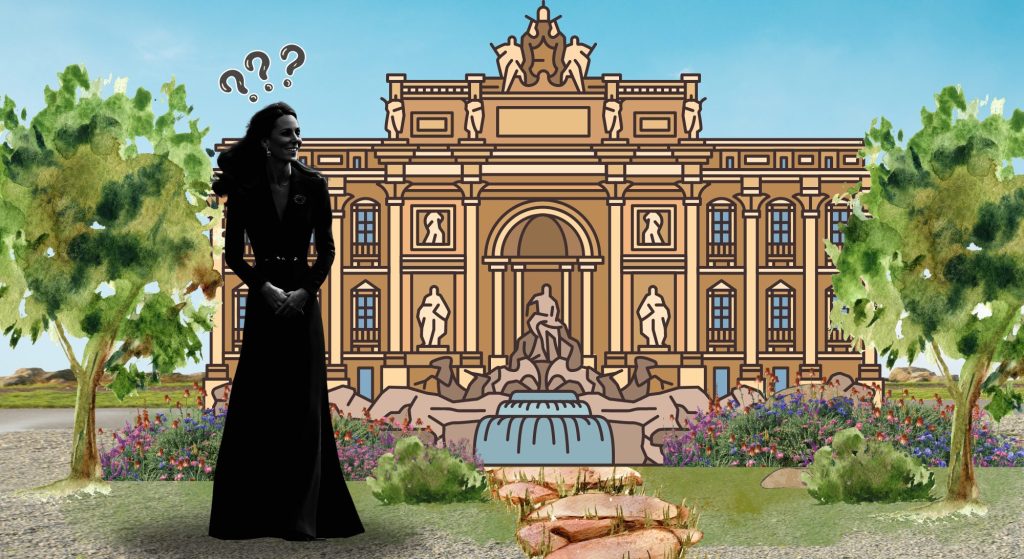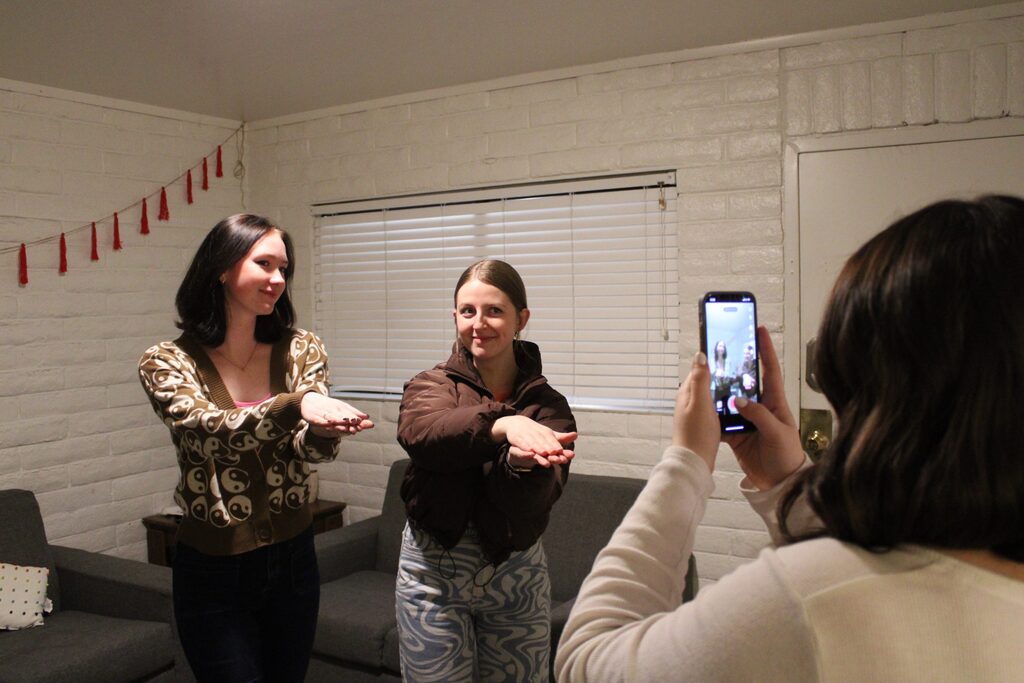Growing up you tend to look at the world around you and believe more is… well, more; however, studies have shown minimalism is the way to go.
For decades, mainstream media in the United States has promoted consumerism, the theory that increasing consumption of goods is economically desirable to children and adults. This has resulted in the accumulation of low-quality goods that spill over into our junk drawers and cluttered garages.
In recent years, there has been a rise in the trend of minimalism. A quick #minimalism search on Instagram will bring up over 19.8 million results. Minimalism is often accompanied by aesthetic images of pristine kitchens, capsule wardrobes and tiny houses. The images suggest that all minimalism means is only living with the bare necessities, but that isn’t true.
What is minimalism really?
Joshua Fields Millburn and Ryan Nicodemus, more widely known as “The Minimalists,” are catalysts in the rise of minimalism as a popular trend. On their website, Millburn and Nicodemus define minimalism as “a lifestyle that helps people question what things add value to their lives. By clearing the clutter from life’s path, we can all make room for the most important aspects of life: health, relationships, passion, growth and contribution.”
Minimalism as a lifestyle choice can’t be addressed without addressing the privilege that comes along with it. Many people are lacking basic resources and the best option is often the most affordable. Choosing how to meet basic needs is a privilege.
In the past, owning fewer material possessions was seen as a sign of poverty. Now it’s a way for people to escape the stress of modern-day consumerism and live a fuller, happier life.
After acknowledging the privilege of minimalism, we can recognize its benefits. Excessive consumption of material goods has a negative effect on the environment. Most of the things we buy eventually break, get replaced and thrown out. A college student looking to minimize their impact on the environment can do simple things such as buying used items whenever possible, cooking meals at home, and spending money on experiences rather than material possessions.
Minimalism is also switching off the mindset that more things means more happiness. Happiness can be connected to fulfilling needs. Maslow’s Hierarchy of Needs is the psychological theory that humans’ needs can be represented in a 5-tier model. An article written by Sam McLeod explains the theory. Basic needs are at the bottom, the psychological needs are in the middle, and self-fulfillment needs are at the top. Material possessions won’t give you a sense of belonging and accomplishment. It’s what you connect with the item that does so.
For college students, recognizing this pattern of thinking can help you stop looking to materials to fulfill your needs. It will add more value to your life than material things would.
Buying more things won’t make you happy in the long run. If you base your happiness on how much you have, there will always be more that you don’t have. Recognizing this and showing more appreciation is a better path to happiness.
In a society where people are paid for their time spent working, purchases can end up costing us more than we realize. For college students, so much of our time is spent on education. Time spent working is minimal and income should be spent on necessities. Senseless purchases cost us valuable time. More really is less. When you decide to adopt a minimalist approach to life your time is used for things that you value.
Minimalism does not mean getting rid of everything you own. That is, unless you want to. The most practical approach to implement minimalism in your life is to assess your needs and values.
First, make a list of things you value. For example, a college student may write down that they value their education, music and cooking. Now go through what you own and assess whether you value it, need it or are keeping it around “just in case.”
Good things to get rid of might be things the college student doesn’t use such as shoes that don’t fit, paint or a stuffed animal from an ex. Things to keep around might include textbooks, a guitar and cooking supplies because those items align with the college student’s values. It feels good to spend time in a space that reflects your values.
Even after the process of going through everything you own, you may find yourself with more things than expected. This is OK! It means you value different things.
I’m one of those people. I value making my room a peaceful, clean space that feels like home and motivates me. From first glance at my room, you probably can’t tell I try to live a more minimalistic life. If you value keeping plants, posters, knick-knacks, photos, lights and other things to make the space your own, you should continue that.
Minimalism will look different for everyone, but one fact remains the same: Less is more. Practicing minimalism creates a better environment, makes you happier, saves time and energy, adds value to your life and decreases stress.









